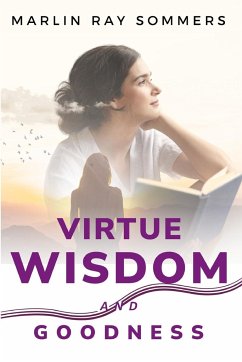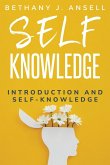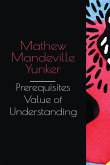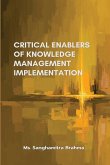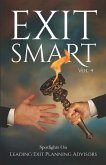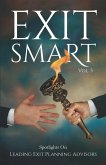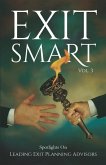These three essays are divergent, yet each in its own way concerns the relationship between virtue and other goods, where virtue is understood as being good qua person. Specifically, part one explores reasons why such virtues are ill-suited for employment in analyses of knowledge which understand knowledge as warranted true belief in propositions. I highlight the difference in telos between being a good person with regard to intellectual conduct and knowing that a given proposition is true. Part two examines the correlation between a particular (mis)conception of knowledge and a non-virtuous life in Plato's Theaetetus. This offers a different kind of connection between knowledge and character than the connection sought by virtue reliabilists. The connection runs through wisdom, since it is both a species of knowledge and intimately connected to character. Part three argues that Thomas Scanlon's account of moral obligation is insufficiently sensitive to other values since he attempts to explain moral obligation strictly in terms of our reasons to be in a certain relationship to others. This forces him to cut off moral obligation from other values.
Hinweis: Dieser Artikel kann nur an eine deutsche Lieferadresse ausgeliefert werden.
Hinweis: Dieser Artikel kann nur an eine deutsche Lieferadresse ausgeliefert werden.
